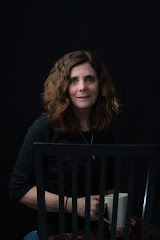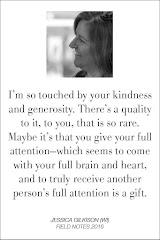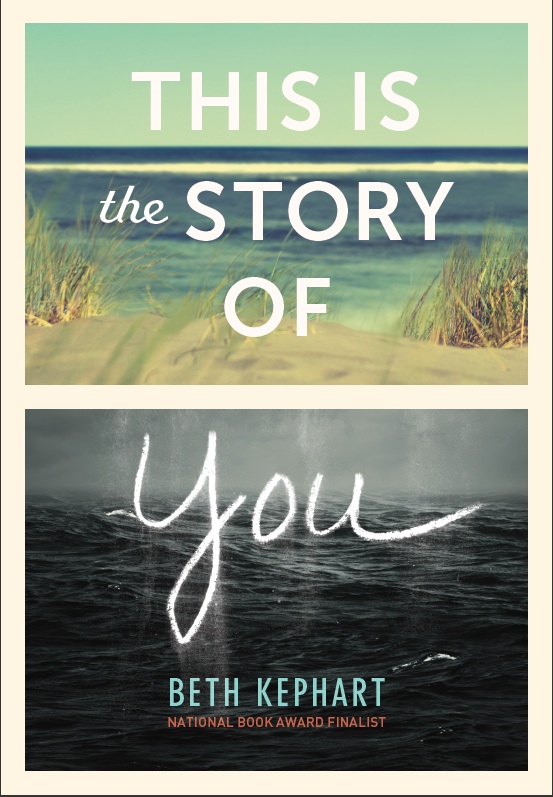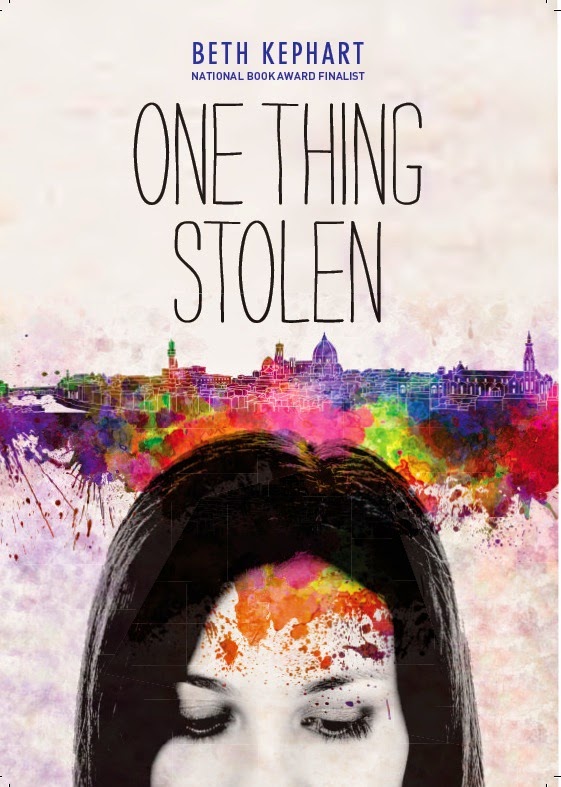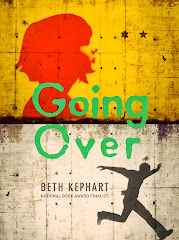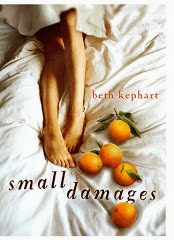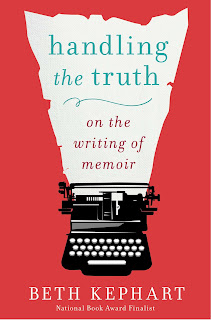Tomorrow I'll hold finished copies of
Handling the Truth in my hands for the first time. There are nerves tied up with that experience, as well as quiet joy. But always, for me, the nerves exceed the joy.
I quote, reference, and celebrate some 100 memoirs in
Handling, as well as the work of my students. I could have added in another 100 books, could have waited to publish the book to include the extraordinary work of my most recent students, and it would have never been enough. On my
Handling page, I cite memoirs that have made me think since the book was put to bed. And here, today, I'm reflecting on an early memoir that is in the book—Mark Doty's
Heaven's Coast, published in 1996, shortly before I first heard Doty read at the Bread Loaf writer's conference.
I didn't have room, in
Handling the Truth, to reflect on Doty's structural approach to his true story about the death, from AIDS, of his partner, Wally. Yesterday, as I re-read the book, I thought of etudes. Of how Doty divides his memoir into four very different parts.
(I also thought about how much we learn when we read old favorite books again.)
There's a prologue, to begin with, a gorgeous brief address to the reader that establishes the themes of the book and concludes with this line: "Our apocalypse is daily, but so is our persistence."
Next is "Coastal Studies," which is the most memoiristic of the four sections. This is Doty allowing his mind to assemble the meaning of Wally's death by way of associations—by studying the seals on the beach where they lived, the finches that built nests into the wreathes of a house they shared, the lessons left behind by a self-destructive poet friend. Doty writes thematically here, universally, with notes on grief and desire and coda and clarity that will resonate with anyone who has ever lost. Here is Doty, for example, speaking honestly with Bill, now dying of AIDS, of what Doty learned from Wally's death:
I tell Bill everything. About the ease of it, the awe and mystery, and Bill listens carefully, closing his eyes sometimes as if to listen more closely, sometimes opening them wide as if to take more of the story into himself. I try not to leave anything out; I can tell what he wants from me is completeness, any sense I can give of actuality, any guesses this eyewitness to last things may have made. I have feelings, experience, intuition more than I have knowledge in any conventional sense—but isn't that part of what being with dying teaches us, different sorts of knowing?
The third etude, "Through," is far more autobiographical in nature. It is Doty laying out the facts of Wally's death, mostly chronologically, sometimes repeating the details we'd encountered already in the first etude. "Coastal Studies" is the work of a poet adept at metaphor. "Through," on the other hand, is the work of a lover who must confront the facts of the loved one's death so that he can finally heal his heart, head, and body. It starts like this, below, and mostly carries this matter-of-fact tone throughout:
Wally died of a viral brain infection, FML, which stands for progressive multifocal leukoencephalopathy, a condition which an ordinarily harmless virus that most of us carry around in our lives is able to migrate, due to the suppression of the immune system, into the brain.
Finally, there is "Epilogue: Consolations," a quilting of afterthoughts and messages from the dead, from friends, from poets. It is, one senses, Doty moving away from the long form of his narrative and back to the making of the poetry which Wally's long dying had, to some extent, stoppered.
Four etudes. Had the book been made of "Through" alone, I would not think of it as memoir. As it is, Doty does not just each us about love, grief, and surviving in
Heaven's Coast. He teaches us something about structure and form.
Read more...


